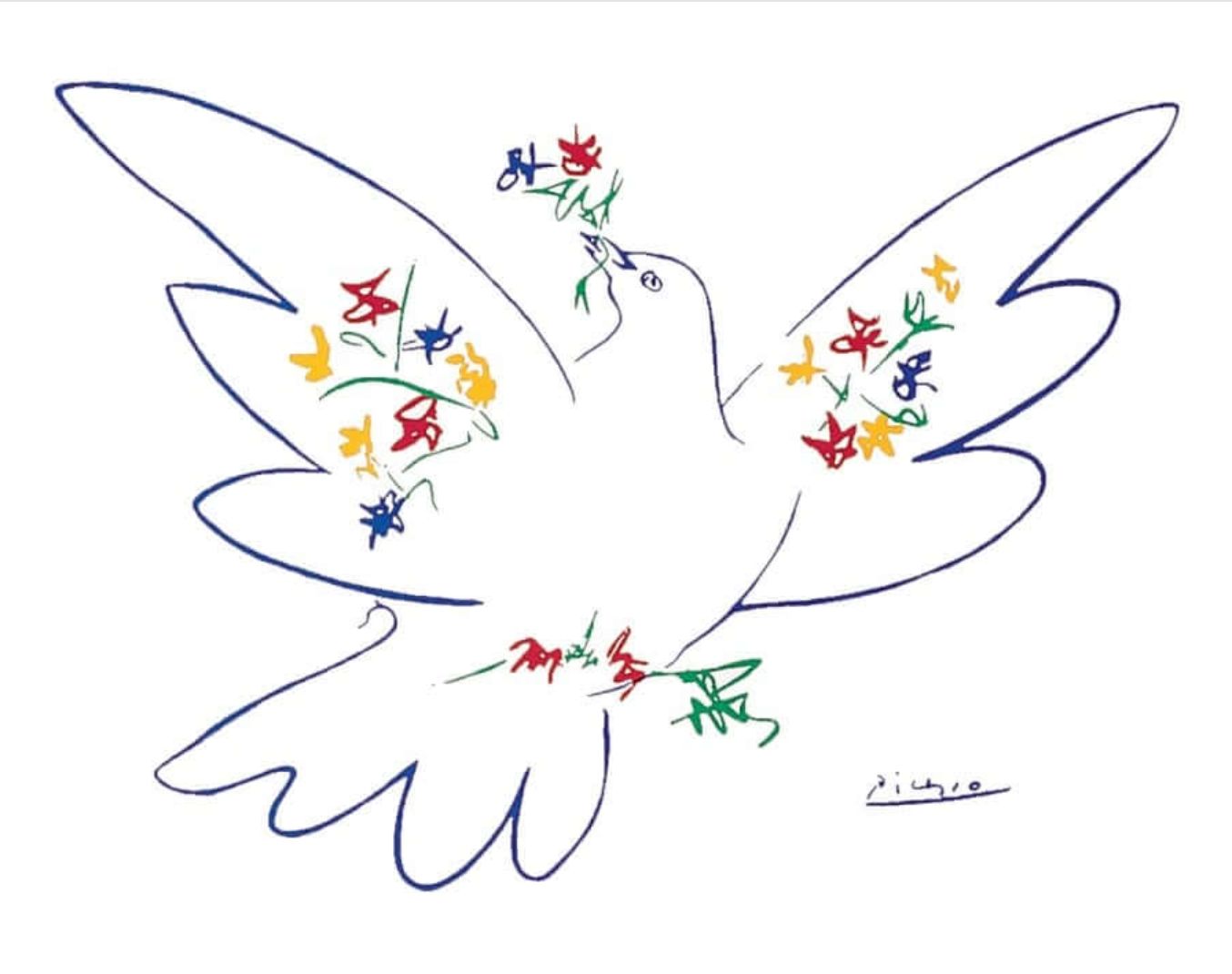
| by paul skorpen Sacred scripture is set apart from profane writings in its design and intent: it addresses our entire being. It is the uniquely human experience that we are able, as living souls, to engage ourselves in creation in a multi-faceted manner. We are spiritual beings who can see, and partake in, the glory of creation. And as personalities we are morally intertwined in the world through our mental and emotional faculties. As incarnate beings we have a very tangible, and sensuous relationship to the world through our physical bodies. A personality, to fully express itself, has life in each level and dialogue between the levels. Yet life inevitably leads us in many directions and we often loose touch with our full nature. We seek out teachers and teachings because we suffer from an inner disunity. True teachings and teachers seek to mend us, and guide us ever onwards to states of higher unity and awareness. Divinely inspired, scripture seeks to heal and unify fractured consciousness. Parables, from East and West alike, are the quintessential language of scripture. Parables are textured, multi-dimensional symbols. They speak with an economy of language, at these many levels simultaneously. Parables are ideal vehicles of transmission as every listener can benefit, each according to his needs. No one sews a piece of unshrunk cloth on an old cloak; otherwise, the patch pulls away from it, the new from the old, and a worse tear is made. And no one puts new wine into old wineskins; otherwise, the wine will burst the skins, and the wine is lost, and so are the skins; but one puts new wine into fresh wineskins’ (Matt. 9:16-17). 1. Physical/Historical (Gross material) These parables present images that are easy for the listener to conceptualize, grasp and remember: they are rooted in practical truths, in a prevailing folk wisdom, which every listener can relate. 2. Mental/Emotional (Psycho-noetical) The purification of the personality is gradual, and requires patience and time. Elementals form the personality, and efforts to change radically can cause more harm than good. We can not try to force ourselves to be patient overnight, after years (lifetimes) of impatience. We need time as we transform our entire nature (not patching things up a bit here and there). When I was the ‘Stoa keeper’ during my time in Cyprus I was responsible to caring for the many arrivals. I also tried to keep the Stoa in good form. At times there were over 150 seekers in and around the Stoa, and only a small toilet to serve them. With Daskalos’ message of ‘service and humility’ ringing in my ears I tried to set about to clean the bathroom. I believed it would be a great spiritual act to serve a great Master, and keep the toilet clean! But try as I might I couldn’t submit myself to the cleaning: I was trying to force a higher ideal on myself, when my sensibilities were still immature. I ended up feeling discouraged, selfish and guilty. A biblical metaphor for the personality is a house. A house is held together brick by brick, and when a wall is suddenly remove the whole house is in danger of collapsing. 3.Spiritual/Mystical (Spirit-Soul) St. Paul writes: ‘Adapt yourselves no longer to the pattern of this present world, but let your minds be remade and your whole nature thus transformed’ (Rom. 12:2). For the Christ consciousness to be fully expressed within us, we need to transform ourselves to become worthy vessels. This short parable reminds us of the central calling of the gospels: 1.) rebirth into our soul nature, 2.) Christ as the spiritual manna (the eucharist). Christ said ‘Except a man be band of the Spirit, he cannot enter into the kingdom of God. That which is born of the flesh is flesh; and that which is born of the Spirit is spirit .’ (John 3:6)We need to grow beyond the limitation of our birth into a family, a culture and an era. We need to be born out of the womb of truth. To receive Christ as manna, as the living wine and bread, we need to make ourselves pure in heart. The Tibetan Buddhists have a lovely image of a seeker becoming an empty bowl cast of gold, which the Buddha nature can fill. Likewise we need to be fresh wineskins ‹ holy grails ‹ into which the wine is poured. But sacred language is not limited to parables. In John’s Gospel there are no parables, yet his accounts are of the highest order of sacred scripture. Let us look at an example. Jesus, knowing that the Father had given all things into his hands, and that he had come from God and was going to God, got up from the table, took off his outer robe, and tied a towel around himself. Then he poured water into a basin and began to wash the disciples’ feet and to wipe them with the towel that was tied around him. He came to Simon Peter, who said to him, “Lord, are you going to wash my feet?” Jesus answered, “You do not know now what I am doing, but later you will understand.” Peter said to him, “You will never wash my feet.” Jesus answered, “Unless I wash you, you have no share with me.” Simon Peter said to him, “Lord, not my feet only but also my hands and my head!” Jesus said to him, “One who has bathed does not need to wash, except for the feet, but is entirely clean. And you are cleans After he had washed their feet, had put on his robe, and had returned to the table, he said to them, “Do you know what I have done to you? You call me Teacher and Lord — and you are right, for that is what I am. So if I, your Lord and Teacher, have washed your feet, you also ought to wash one another’s feet. For I have set you an example, that you also should do as I have done to you. Very truly, I tell you, servants are not greater than their master, nor are messengers greater than the one who sent them. If you know these things, you are blessed if you do them. (edited from John 13:3-17) 1. Physical/Historical (Gross material) In these terms the foot washing actually took place historically, and Christ did indeed wash the feet of the apostles. Christ, as a full reflection of the Godhead, serves humanity as flesh. The actual physical act feeds the senses and gives us strength to rise above the flesh, and beyond the great burden of pride. 2. Mental/Emotional (Psycho-noetical) Nourishment for our ethical maturation: The moral example is quite clear as Christ Himself explains the act. It is an act of humility and servitude, that score deep into the psyches of the apostles: They are to live humility through service. Spiritual/Mystical (Spirit-Soul) Manna for our Spiritual journey: The feet of man are those parts of the body which bring him into contact with earth, and symbolically earthly things. In India the feet are, therefore, considered profane. In washing His students’ feet Christ shows immense respect for our whole being. Water as in baptisms, and cleaning the feet to remove their earthly orientation that the Apostles would be better able to understand the crucifixion (the supreme cosmic event). In this light the foot washing is an initiation of the highest degree. Too often spirituality and esoterics feed the mind, but starves the heart. In ‘seeing’ only the spiritual aspect, we are in danger of developing a cold, sterile, and abstract mysticism. In ‘reading’ only the mental/emotional and the physical/historical we risk not the finding the ultimate message. Inner Christianity encourages us to experience all three levels, that we can behold the Son of Man, and the Son of God. Intellectual arrogance (an affliction of the West) often blocks us from deeper permeations of sacred scripture. The intellect is proud, and tends to believe it can (with force) comprehend any teaching quickly. It bodes us well to humble ourselves before the great writings and teachers of the world, and allow ourselves to be open to the more subtle dimensions of the message, and thereby allow ourselves to be healed, and transformed. Before approaching, or re-approaching scripture, try your best to forget your last reading, let go of your previous understanding of the text, and read it as if it were your first reading. © Paul Skorpen 2007 |




